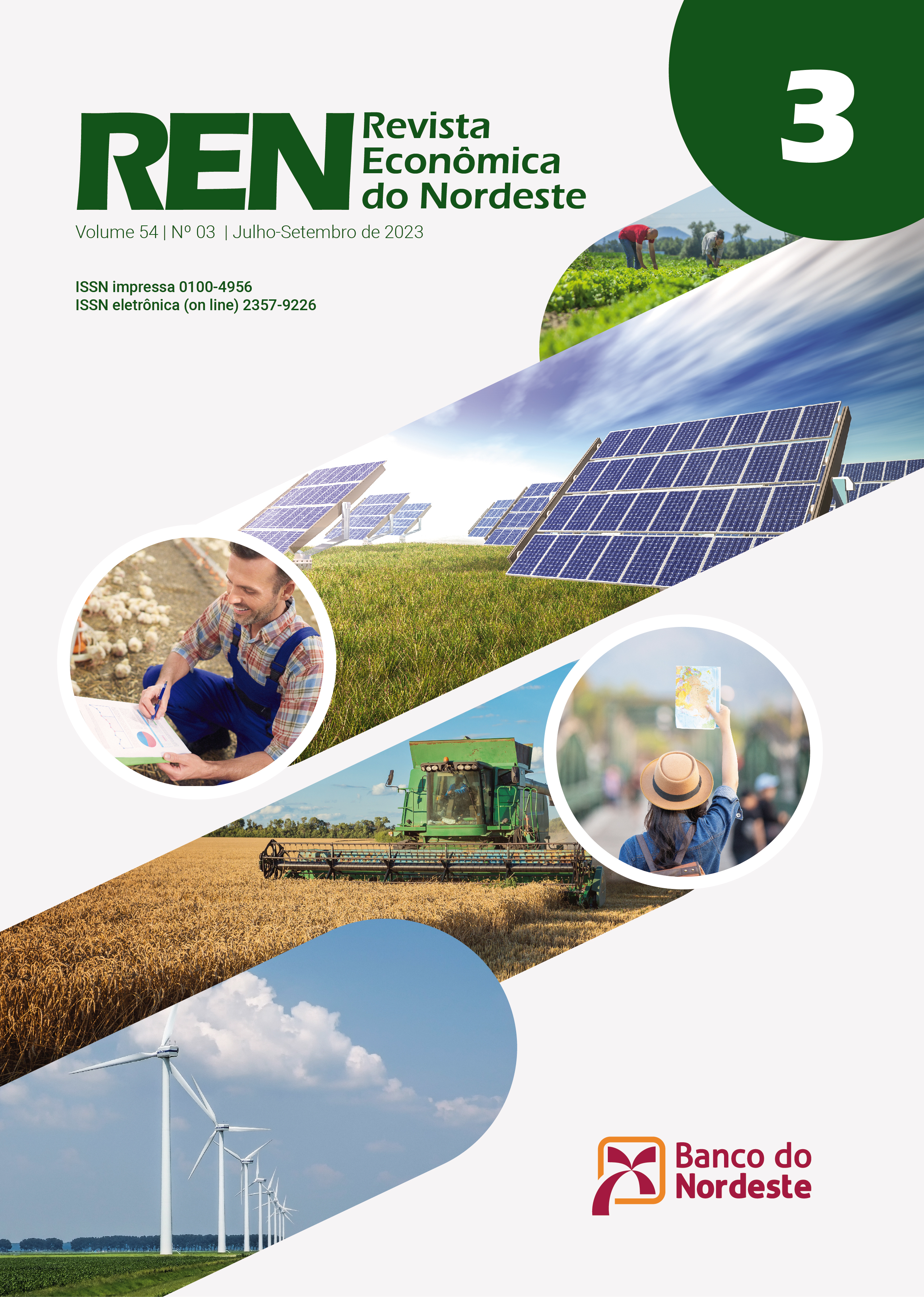ECONOMIC LITERACY AND INDEBTEDNESS: WHEN HABITS EXCEED KNOWLEDGE
DOI:
https://doi.org/10.61673/ren.2023.1365Keywords:
Indebtedness, Economic Literacy, Attitudes, ConsumptionAbstract
The process of financial democratization that occurred in Brazil over the past few decades has increased Brazilian families’ access to credit. Although leveraging economic dynamism, the ease in obtaining credit, by providing anticipation of future consumption to the present, may have stimulated the growth of personal indebtedness at the beginning of this century. Identified as a source of emotional and health problems, indebtedness is a phenomenon that affects more than 60% Ceará’s population. The main objective of the work was to identify the impact of Economic Literacy, Attitudes towards Debt, Attitudes towards Consumption and sociodemographic characteristics on individual indebtedness from a sample of 924 adults in the state of Ceará. Exploratory Factor Analyzes were carried out and, afterwards, a logistic regression, which determined the impact of knowledge, economic behavior and sociodemographic traits on personal indebtedness. The results showed that economic literacy does not influence personal indebtedness, as well as rational consumption behavior, austere attitudes towards indebtedness, gender and socioeconomic level. Impulsive and compulsive buying attitudes and hedonism in relation to indebtedness have a positive impact on individuals’ debts. Among the sociodemographic characteristics, it was found that older individuals and those who live with their spouse are more prone to indebtedness.
Downloads
Downloads
Published
How to Cite
Issue
Section
License
Copyright (c) 2023 Revista Econômica do Nordeste

This work is licensed under a Creative Commons Attribution 4.0 International License.








